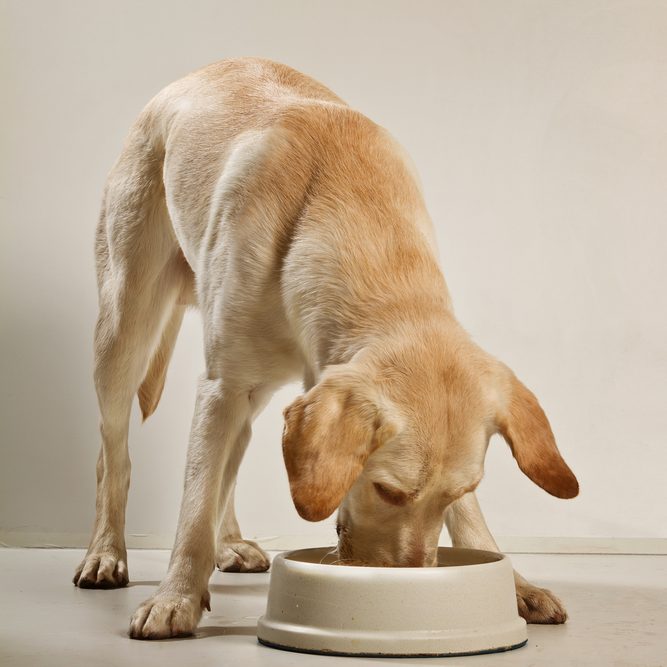Healthy Dog Food for Healthy Living
A dog, man’s best friend, has been proven to be one of the best if not the most popular pet, the perfect addition to your family. All over the world, people value dogs for their loving companionship and for the first line of security. For dogs to thrive in their respective homesteads, they require dedicated care in terms of regular medication, quality kennels and most importantly quality food for them.
What Should I be Feeding my Dog?
A dog’s food should typically be made up of a balanced diet. Like humans, dogs also require carbohydrates, fats, proteins and vitamins. Consequently understanding the composition of dog’s food comes in handy for maintaining a healthy dog. Here is a breakdown of the best dog food.
1. Carbohydrates
Carbohydrates aren’t bad for dogs but should only be provided in reasonable amounts. Most dry dog foods provide the necessary carbs your dog needs to sustain that practical source of energy. When choosing a dog food, we suggest finding one with lower carbohydrate levels, to keep your dog living a happy, healthy life.
2. Proteins
Over the past couple of decade’s, the amount of protein in dry dog food has plummeted from around 70% to as much as 18%! If you wish to stick with a low protein dog food, we recommend providing your dog with some fresh variety of meats to keep that protein up. This could include cooked chicken, ham or beef, as long as the meat isn’t too salty.
3. Fats and oils
First and foremost, the fats your dogs consumes provide the needed energy to keep your dogs active and healthy. Fats are a great source of essential nutrients like omega-3 and omega-6. These fatty acids are great at keeping your dog’s skin and coat nice and healthy. However, it’s important to regulate how much fat you are giving your dog, too much can cause your dogs to become overweight.
4. Vitamins and minerals
Vitamins like Vitamin E (for the immune system), Vitamin A (for healthy hair and skin) and Vitamin B (for improved vision) are a necessity in a dog’s diet. Such vitamins are found in vegetables and common commercial foods. Minerals like calcium (from bones), phosphorus, magnesium, and other trace minerals like iodine are also needed in small quantities in a dog’s diet.
5. Water
Just like humans, dogs need water. Providing fresh chilled water 24/7 is key for a healthy dog, keep them hydrated for a happy dog.

Foods Your Dog Should Avoid
Though a dog is an omnivore, some human foods should be avoided to maintain its health. Such foods include:
- Melons
- Berries (both fresh and frozen)
- Bananas
- Cheese (small quantities is okay as a rare treat)
- Cooked chicken
- Cooked eggs
- Honey
- Green beans
- Peanut butter
- Apples
Such foods can harm the dog and can cause them to become ill and in worst cases can even be life-threatening. Avoid the dog’s temptations as it looks at you with those pitiful eyes when it comes to these foods, your pity may just be the cause of chronic infection for your beloved dog.
We hope that you’ve found this blog helpful, ensuring our furry friends are looked after properly is extremely important. When you go away do you send your dog off to any old kennel? Well, no more. Here at Hunters Lodge, we provide a high-quality kennel for all dogs. So when you go away, you can rest assured knowing your dog is being treated with the utmost care. If you have any question or queries please feel free to give us a call on 01604 870330 or head over to our contact page.
